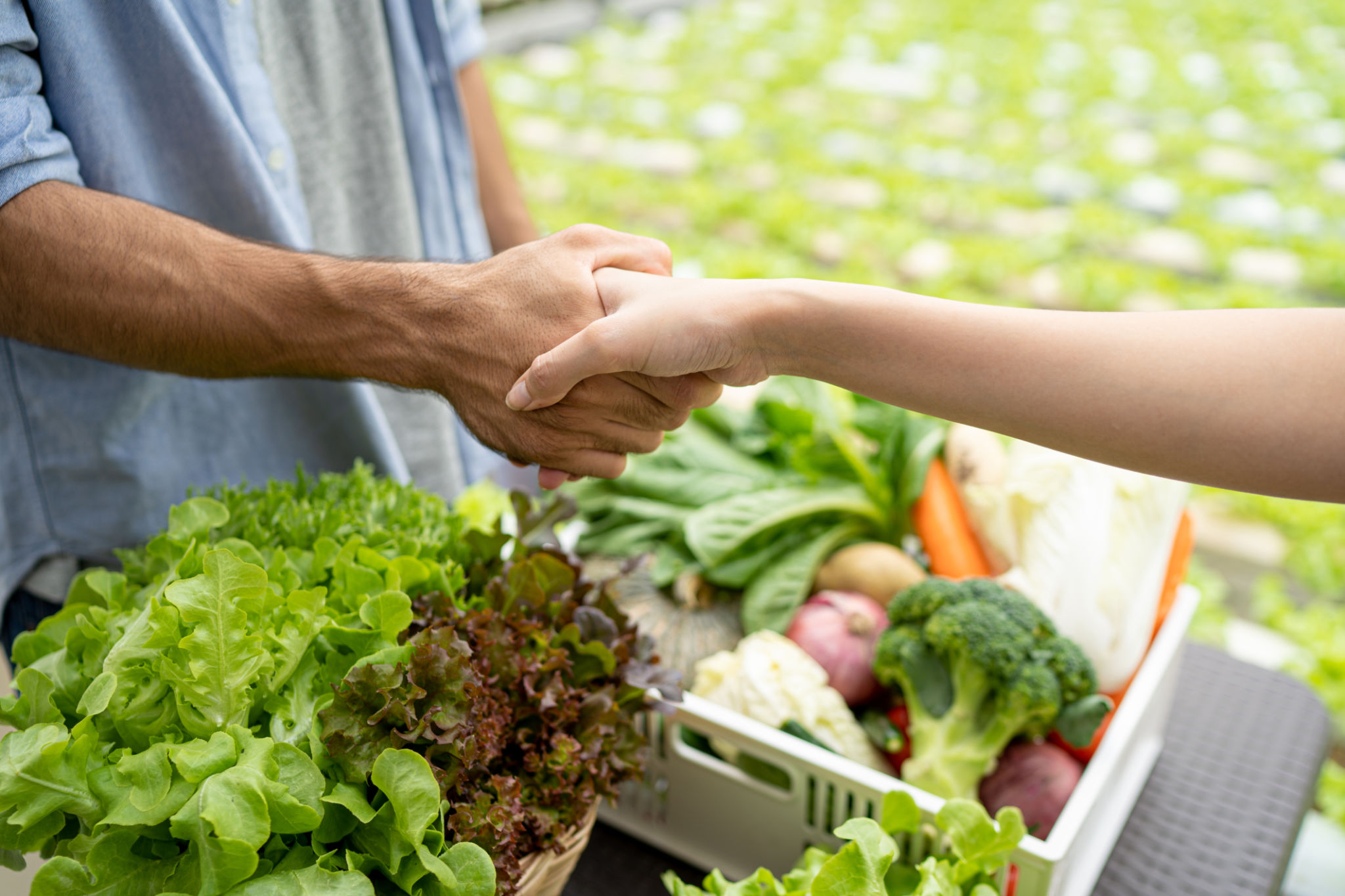Sustainably Sourced Herbs in South Africa: A Growing Trend
The Rise of Sustainably Sourced Herbs
In recent years, there has been a significant shift towards sustainability in various industries, and the herb market in South Africa is no exception. Consumers are increasingly concerned about where their food comes from and how it is produced. This growing awareness has sparked a trend towards sustainably sourced herbs, which are produced with minimal impact on the environment.
Sustainably sourced herbs are cultivated using farming practices that prioritize ecological balance and conservation. These practices often include organic farming, crop rotation, and the use of natural pest control methods. By choosing sustainably sourced herbs, consumers are not only supporting environmentally friendly agriculture but also enjoying fresher and more flavorful produce.

Why Sustainable Herbs Matter
The environmental benefits of sustainably sourced herbs are numerous. Traditional herb farming can lead to soil degradation, water pollution, and loss of biodiversity. In contrast, sustainable practices help preserve the health of ecosystems and reduce the carbon footprint associated with food production. This approach ensures that future generations can continue to enjoy the bounty of nature.
Sustainable herb farming also supports local communities. By choosing locally sourced herbs, consumers are contributing to the economic development of rural areas in South Africa. This not only provides farmers with fair wages but also strengthens regional economies through job creation and increased market opportunities.

Popular Sustainably Sourced Herbs
Several herbs have become popular among South African consumers due to their sustainable sourcing and health benefits. Some of the most sought-after herbs include:
- Rosemary: Known for its robust flavor and aroma, sustainably sourced rosemary is a staple in many South African kitchens.
- Lemongrass: This versatile herb is prized for its refreshing taste and is often used in teas and culinary dishes.
- Basil: A favorite in Mediterranean cuisine, basil is celebrated for its sweet fragrance and health-promoting properties.
These herbs are not only delicious but also provide various health benefits, making them a valuable addition to any diet.

Challenges and Opportunities
While the trend towards sustainable herbs is promising, there are several challenges that producers face. One of the primary obstacles is the higher cost associated with sustainable farming practices. Transitioning from conventional to sustainable methods requires investment in new technologies and training for farmers. However, the long-term benefits often outweigh these initial costs.
Opportunities abound for farmers willing to embrace sustainable practices. With increasing consumer demand for eco-friendly products, there is a growing market for sustainably sourced herbs. Additionally, government incentives and support programs can help offset some of the costs associated with sustainable farming, making it an attractive option for producers.

The Future of Sustainable Herbs in South Africa
The future looks bright for sustainably sourced herbs in South Africa. As more consumers become aware of the environmental and health benefits of these products, demand is expected to rise. This, in turn, encourages more farmers to adopt sustainable practices, creating a positive feedback loop that benefits both the environment and local communities.
In conclusion, sustainably sourced herbs represent a growing trend that aligns with global efforts to promote environmental stewardship and social responsibility. By supporting this movement, consumers can enjoy high-quality products while contributing to a healthier planet.
